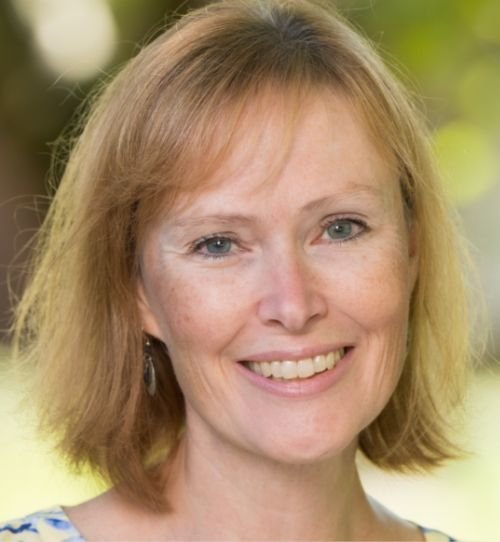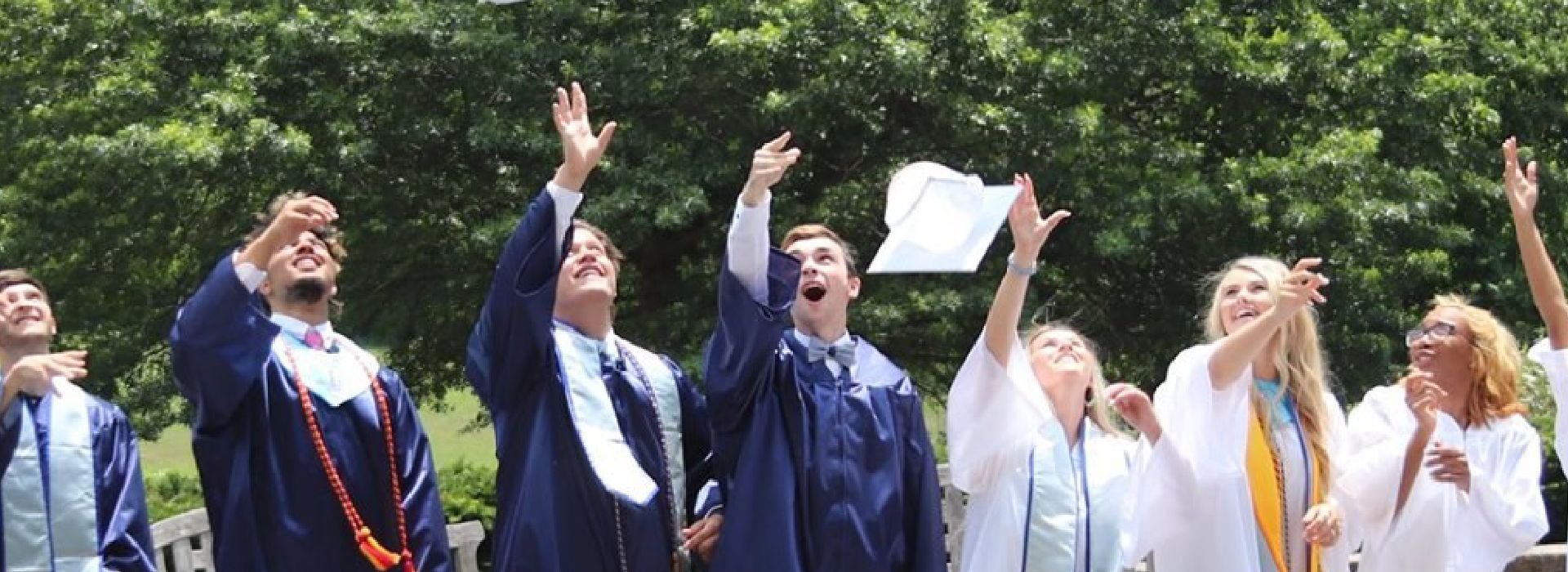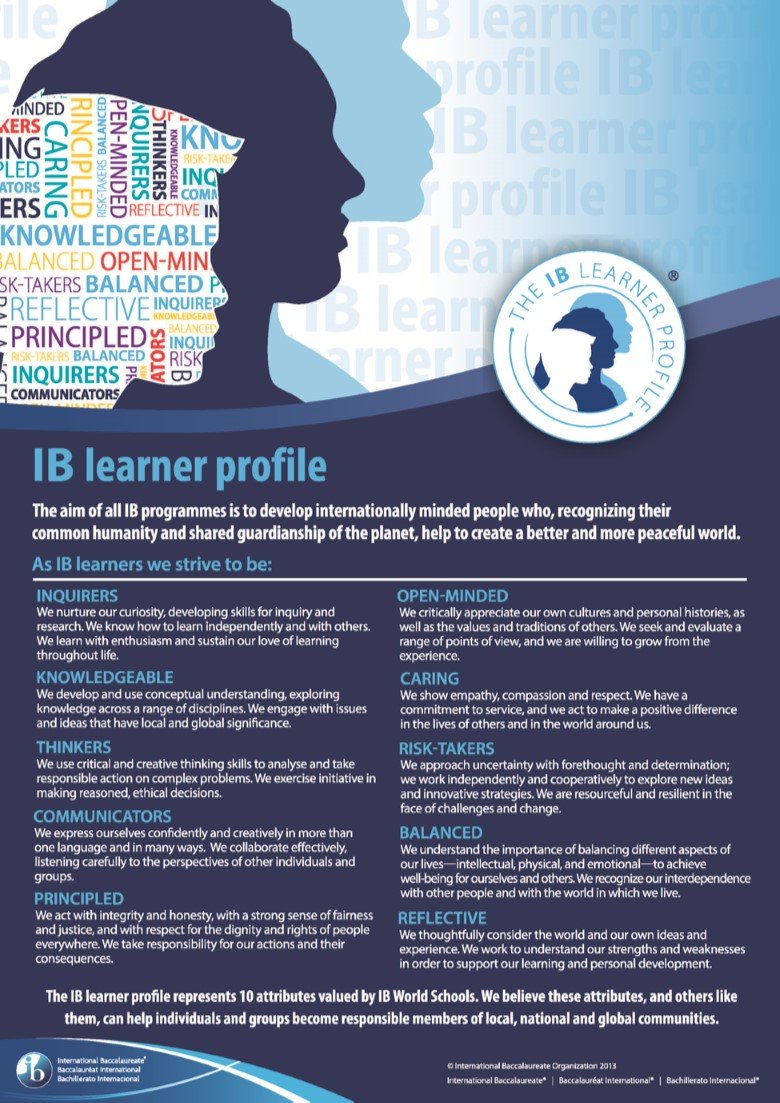Art and Design
Art and Design is a multi-level art course in which students of varying abilities will have an opportunity to work with a wide range of materials and techniques including: painting, drawing, ceramics, sculpture, and printmaking. Students will learn the technical, aesthetic, and conceptual aspects of being a contemporary artist. Student work will be inspired by art history and arts and from around the world. As a result of this course, students will be able to speak critically about works of visual art while gaining a better appreciation for its creation. Each Unit the students will receive a calendar that outlines the assignments, outcomes, and the expectations for each project. Students will be graded on work ethic, progress, critique, writing projects, and final art works.
IB Visual Arts SL/HL
The IB Diploma Program Visual Arts course encourages students to challenge their own creative and cultural expectations and boundaries. It is a thought-provoking course in which students develop analytical skills in problem-solving and divergent thinking, while working towards technical proficiency and confidence as art-makers. In addition to exploring and comparing visual arts from different perspectives and in different contexts, students are expected to engage in, experiment with, and critically reflect upon a wide range of contemporary practices and media. The course is designed for students who want to go on to further study of visual arts in higher education as well as for those who are seeking lifelong enrichment through visual arts. The role of visual arts teachers should be to actively and carefully organize learning experiences for the students, directing their study to enable them to reach their potential and satisfy the demands of the course. Students should be empowered to become autonomous, informed, and skilled visual artists. (Please see IB Subject Brief for more information.)
Theatre Elective
In this elective, students will develop an understanding of fundamental Drama techniques - Body, Space, Voice and Movement, which are essential in communicating ideas and meaning with an audience. After completing a series of workshops on drama techniques, the students will then apply these skills and understandings. As part of the course the students will also develop the necessary vocabulary to describe and interpret their own work and the work of others - this will be evaluated in their reflection work in the process journal. Theatre allows students to develop their ability to work with others, respect the art of theatre, enhance self-esteem, build confidence and learn new communication skills. Working within an ensemble increases the student’s skills in collaboration and fosters a life-long appreciation for and enjoyment of the arts.
IB Theatre
IB Theatre encourages discovery through experimentation. Students will be asked to take risks and present ideas to each other. They will explore making theatre as creators, designers, directors, and actors. The class will learn to create work that is informed by research and theory so that they can reflect critically on what they have developed and understand each other. After taking IB Theatre, students will become more aware of their own perspectives alongside expanding their sense of international mindedness. Life skills include; building confidence, exploring creativity, and working collaboratively.
Music Appreciation and Performance
This class will involve theory, listening, language, music history, analysis and composition. We will be considering different time bands from early music to contemporary music. Students will study a variety of music, and improve listening and analysis skills along with basic theory skills. Compositions will be incorporated in relationship to the time band we are studying. A variety of listening styles and composition will be encouraged. While it is possible to take this class for one of the trimesters, it will run sequentially throughout the three trimesters and all three are recommended in order to complete the process. This class is targeted as a prerequisite to IB music class, but is open to any interested in the study and making of music. Theory and listening in a fun, supportive, yet challenging setting! This class will involve solo/small group instrumental study (including voice). Sight singing and reading will be included. It is for the student that already plays an instrument or sings. Instrumentalists can be beginners, but must have a band or orchestra instrument. Vocalists must have some knowledge of keyboard, or the willingness to learn basic skills. There will be an emphasis on performance technique, expanding the range of repertoire, developing ensemble skills and generally improving skill level through practice and experience. The student will have opportunity through this class to perform in recitals and concerts both as a soloist and/or in a small group. While consistent practice and learning will facilitate and promote excellent performance, both semesters are not necessary.
Guitar
Keeping in mind that students learn and comprehend in many different ways, this course is designed to teach students about history, rhythm, chords and song structure in an innovative way. Each student will be given the tools to be able to play songs on their own. The class will teach students how to continue learning on their own even after the conclusion of this course. This course will take place in a fun and competitive environment that will speed up the students’ learning process and have them rocking out in no time at all.
IB Music SL/HL
The IB Diploma Program higher level Music course seeks to develop students’ knowledge and potential as musicians, both personally and collaboratively. IB Diploma Program music students are required to study
musical perception and actively listen to a wide range of music from different parts of the world, musical cultures, and time periods. They also develop aural perception and understanding of music by learning about musical elements, including form and structure, notations, musical terminology, and context. Through the course of study, students become aware of how musicians work and communicate. (Please see IB Subject Brief for more information)
Principles of Engineering
In this course, students will explore the nature and process of engineering through a series of challenges that expose the class to various forms and strategies of solving open-ended, real-world problems. The process of designing, manufacturing, testing, and refining and enhancement will be carried out in a hands-on manner
allowing students to develop critical skills in both working within a team and creative problem solving.
Independent Projects and Competitions
This elective is designed to provide motivated individuals with a dedicated time, space, and mentorship for their pursuit of their passions. Students enrolling in this elective may decide to focus on an individual or group extramural competition/exhibition with a science, design, or technology focus (eg. Science fairs, Odyssey of the Mind, KidWind, etc). Utilizing a 1 to 1 strategy, the teacher will help each student/team develop a plan to research and prepare, execute, and present/compete based on their stated goals. Students in this class should be prepared to work independently on their projects but will receive support and guidance as they strive to represent themselves and Calverton in the wider community.





